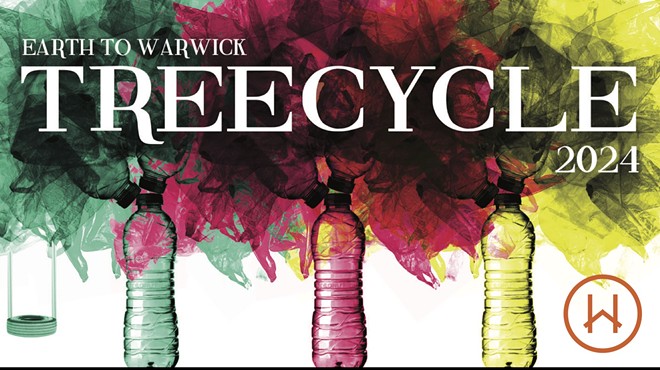Manly men have been running the world forever. But the Great Recession
is changing all that, and it will alter the course of history.
The era of male dominance is coming to an end.
Seriously.
For years, the world has been witnessing a quiet but monumental shift of power from men to women. Today, the Great Recession has turned what was an evolutionary shift into a revolutionary one. The consequence will be not only a mortal blow to the macho men’s club called finance capitalism that got the world into the current economic catastrophe; it will be a collective crisis for millions and millions of working men around the globe.
The death throes of macho are easy to find if you know where to look. Consider, to start, the almost unbelievably disproportionate impact that the current crisis is having on men—so much so that the recession is now known to some economists and the more plugged-in corners of the blogosphere as the “he-cession.” More than 80 percent of job losses in the United States since November have fallen on men, according to the US Bureau of Labor Statistics. And the numbers are broadly similar in Europe, adding up to about 7 million more out-of-work men than before the recession, just in the United States and Europe, as economic sectors traditionally dominated by men (construction and heavy manufacturing) decline further and faster than those traditionally dominated by women (public-sector employment, healthcare, and education). All told, by the end of 2009, the global recession is expected to put as many as 28 million men out of work worldwide.
Things will only get worse for men as the recession adds to the pain globalization was already causing. Between 28 and 42 million more jobs in the United States are at risk for outsourcing, Princeton economist Alan Blinder estimates. Worse still, men are falling even further behind in acquiring the educational credentials necessary for success in the knowledge-based economies that will rule the post-recession world. Soon, there will be three female college graduates for every two males in the United States, and a similarly uneven outlook in the rest of the developed world.
Of course, macho is a state of mind, not just a question of employment status. And as men get hit harder in the he-cession, they’re even less well equipped to deal with the profound and longterm psychic costs of job loss. According to the American Journal of Public Health, “the financial strain of unemployment” has significantly more consequences on the mental health of men than on that of women. In other words, be prepared for a lot of unhappy guys out there—with all the negative consequences that implies.
The Ousting of Macho
As the crisis unfolds, it will increasingly play out in the realm of power politics. Consider the electoral responses to this global catastrophe that are starting to take shape. When Iceland’s economy imploded, the country’s voters did what no country has done before: Not only did they throw out the all-male elite who oversaw the making of the crisis, they named the world’s first openly lesbian leader as their prime minister. It was, said Halla Tomasdottir, the female head of one of Iceland’s few remaining solvent banks, a perfectly reasonable response to the “penis competition” of male-dominated investment banking. “Ninety-nine percent went to the same school, they drive the same cars, they wear the same suits and they have the same attitudes. They got us into this situation—and they had a lot of fun doing it,” Tomasdottir complained to Der Spiegel. Soon after, tiny, debt-ridden Lithuania took a similar course, electing its first woman president: an experienced economist with a black belt in karate named Dalia Grybauskaite. On the day she won, Vilnius’s leading newspaper bannered this headline: “Lithuania has decided: The country is to be saved by a woman.”
Although not all countries will respond by throwing the male bums out, the backlash is real—and it is global. The great shift of power from males to females is likely to be dramatically accelerated by the economic crisis, as more people realize that the aggressive, risk-seeking behavior that has enabled men to entrench their power—the cult of macho—has now proven destructive and unsustainable in a globalized world.
Indeed, it’s now fair to say that the most enduring legacy of the Great Recession will not be the death of Wall Street. It will not be the death of finance. And it will not be the death of capitalism. These ideas and institutions will live on. What will not survive is macho. And the choice men will have to make, whether to accept or fight this new fact of history, will have seismic effects for all of humanity—women as well as men.











